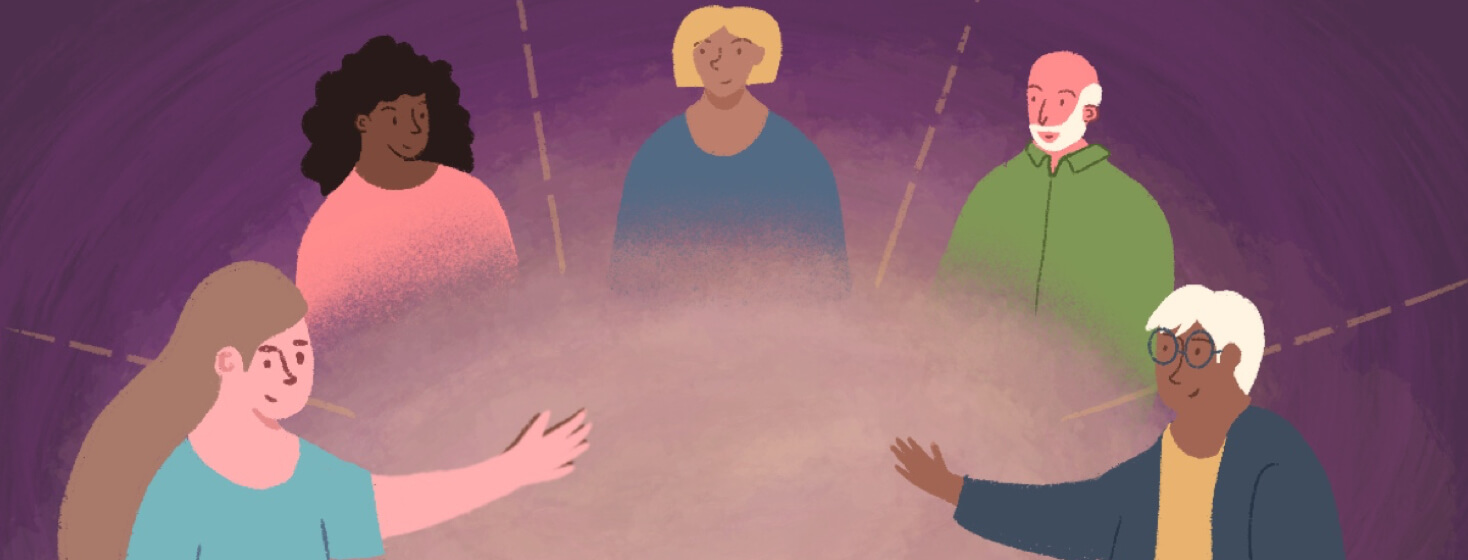Narcoleptic Friend Types According to the Enneagram (Part 2)
Last year I began attending support groups for people with narcolepsy. I have gained so much extra love and support in my life because of these groups. I have been able to build strong friendships with a variety of different people who also suffer from narcolepsy.
Personality traits and coping with narcolepsy
I thought it would be a fun idea to explore the different ways that certain personality traits affect coping mechanisms for narcolepsy symptoms. I found that it was also interesting to theorize the different ways these personality traits relate to others who also suffer from narcolepsy.
According to European Management Journal, "In the Enneagram typology, individuals are held to fall into 1 of the 9 type categories, each of which represents a preferred or habitual way of dealing with the world." This Journal then continues to explain each of the Enneagram typologies in detail, which I utilized for the purposes of this article.1
Reimagining personality types through a narcolepsy lens
I reimagined the Enneagram personality types from the viewpoint of individuals suffering from narcolepsy. The 9 Enneagram personality types of friends with narcolepsy include:
Type 5 (Observers)
These friends are the quiet-but-strong types.
They are short and succinct in sharing how narcolepsy has affected their lives. You might not know much about their backstory or what they do for a living. These friends are very independent.
These friends might prefer to listen and gain knowledge from other peoples’ experiences living with narcolepsy, rather than regularly discussing their own problems.
You never know what they might take away from group meetings!
Type 6 (Loyal Skeptics)
These friends always have a plan B ready for motion!
They like to gather the opinions of participating group members, like a fisherman tossing net after net. These friends are sure to approach issues that group members might be facing from all sides. They are a sucker for “lost causes,” and urge themselves and others to keep reaching for the stars, even if failure seems imminent.
These friends are the best at rallying the group when narcolepsy seems too heavy to bear.
Type 7s (Epicures)
These friends see the world in black and white.
They understand that many people with narcolepsy have suffered in similar ways as they have. They are constantly striving to encourage other group members to share their experiences. They hope to assist others in finding opportunities that suit their abilities and passions.
These friends love small-talk and can keep a conversation moving for long periods of time.
Type 8s (Protectors)
These friends are the mama and papa bears of the group, so to speak.
Did you experience workplace discrimination due to your narcolepsy?
This friend will verbally RAGE on your behalf.
They feel a sense of obligation to protect their friends from the difficulties that chronically lurk around corners for people with narcolepsy.
Type 9s (Mediators)
These friends are the more zen members of the group.
They contribute to the flow of the conversation when they feel it is appropriate, but they are not overly assertive. It is important to them that everyone in the group is able to fully speak their mind. If they feel that someone is being talked over, they will direct attention back to the person to finish their train of thought.
These friends are experts on workplace and education accommodations for narcolepsy. You might have to explicitly ask for their advice before they will give it!
Please be sure to check out Part 1 of this article for Enneagram Types 1 to 4!
Do any of these types sound familiar? Which are you? Share with us in the comments below!

Join the conversation